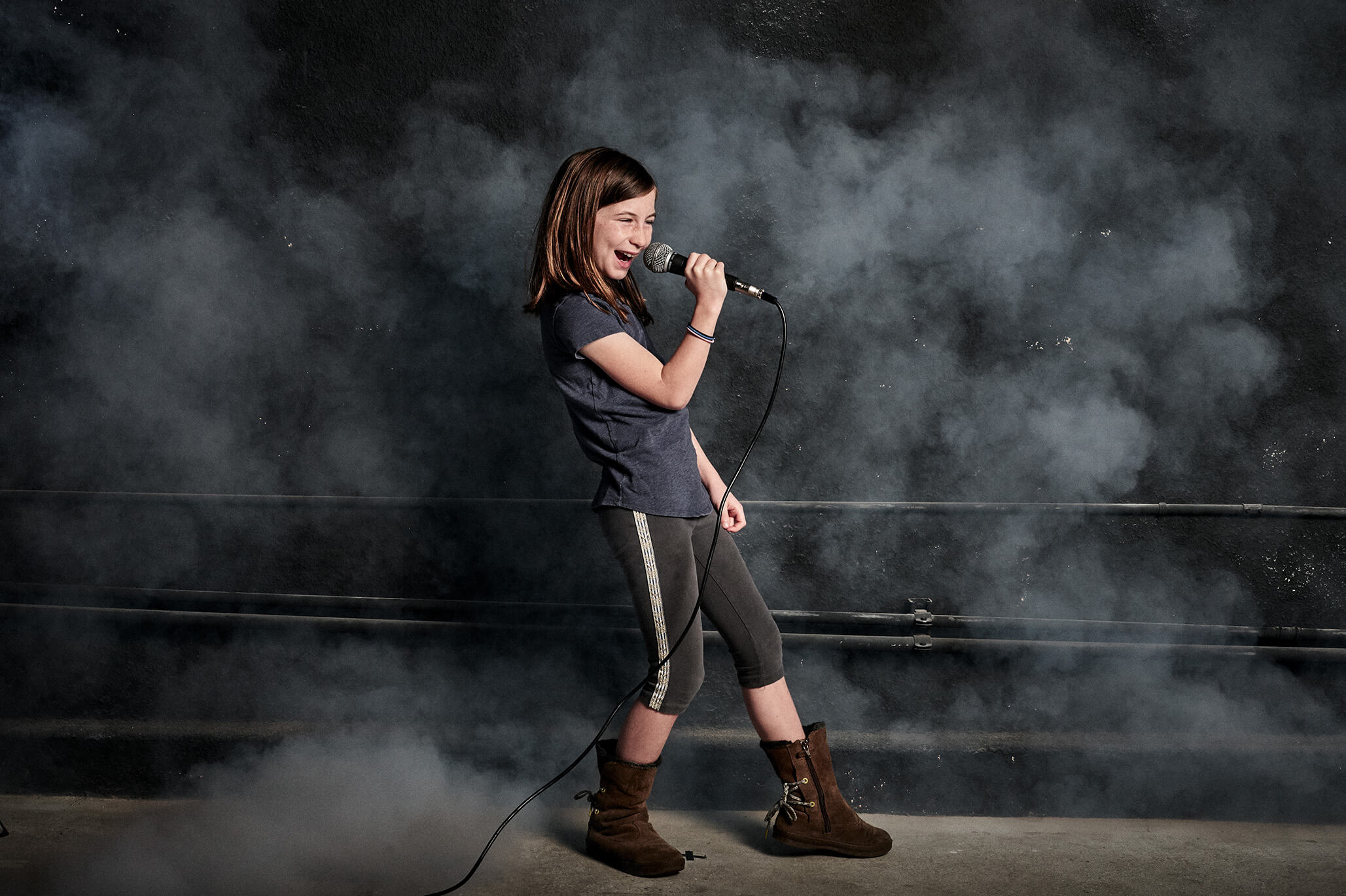In observing the profession of singing and dancing, one question repeated a lot: Does age really matter? This topic has long been debated among artists, educators, and enthusiasts alike. Today, we add the different facets of this question, examining how age plays a role in these artistic forms.
Singing: A Timeless Talent?
Singing is an art form often associated with a sense of timelessness. The beauty of a voice does not necessarily diminish with age; in fact, it can mature and develop a richer quality. Legendary singers like Aretha Franklin and Tony Bennett have demonstrated that age can bring depth and emotion to vocal performance that is hard to replicate in youth.
Beside these legends, signers of current time also got such fame in young age same as how old is Chris Brown now and one must wonder after seeing his success. However, it’s important to note that the vocal range can change with age. Younger singers often have a more extensive range, while older singers might face limitations in hitting high notes as their vocal cords age.
The Emotional Depth:
What older singers might lose in range, they often gain in emotional depth. The experiences and life stories they bring to their performances add layers of meaning and feeling, something that is not always present in the voices of younger singers.
Dancing: The Physicality of Age
Dancing, unlike singing, is inherently physical. It demands agility, strength, and endurance, attributes that can be affected by age.
The Physical Peak
Dancers often reach their physical peak in their late teens to early thirties. This is when their bodies are most capable of handling the strenuous demands of dance, especially in styles like ballet or contemporary dance that require intense physicality.
Longevity in Dance
That said, dance is not solely the domain of the young. Many dancers continue to perform well into their later years, though often in styles that are less physically demanding. The key lies in adapting style and technique to match one’s physical capabilities.
The Wisdom of Experience
Experienced dancers bring a level of storytelling and emotional expression to their performances that is often unparalleled. Their understanding of movement and its nuances can create deeply moving experiences for audiences.
The Role of Training and Adaptation
Both singing and dancing benefit greatly from continuous training. Vocalists can work on maintaining and adapting their voices, while dancers can focus on conditioning and adjusting their techniques to suit their changing bodies.
Yeah, age does matter in singing and dancing, but not necessarily as a limitation. It brings changes, yes, but also opportunities for growth and depth in artistry. Whether through the matured voice of a seasoned singer or the expressive movements of an experienced dancer, age can be an asset, adding richness and layers to performances that only time can grant.



